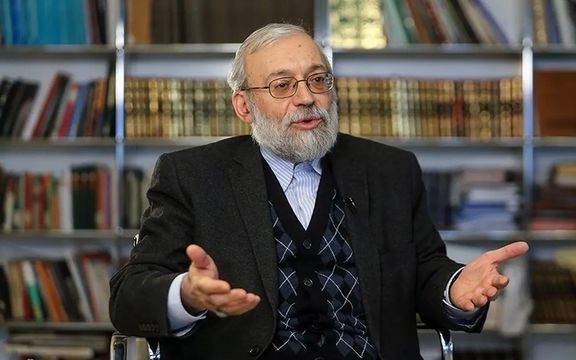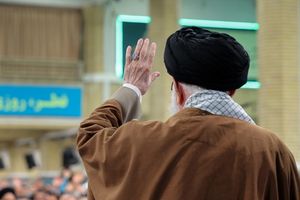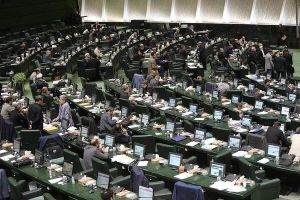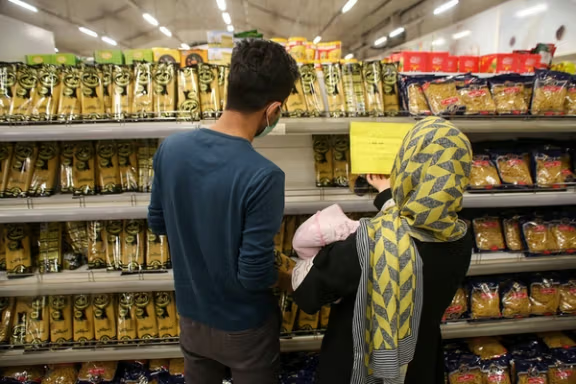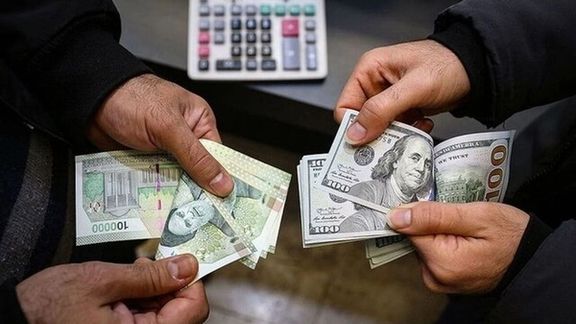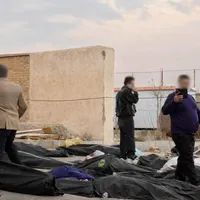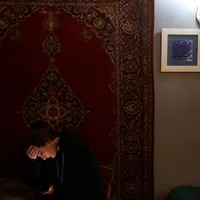Omani Foreign Minister Badr Albusaidi said during the Manama Dialogue conference in Bahrain that Muscat wanted to see “a return to negotiations between Iran and the United States.” He said the talks, which Oman had hosted earlier this year, were derailed in June when Israel launched air and missile strikes on Iranian nuclear sites.
“Just three days before the sixth and possibly decisive round of talks, Israel unleashed its bombs and missiles in an illegal and deadly act of sabotage,” Albusaidi said, according to AFP.
Oman, a traditional mediator between Tehran and Washington, has helped facilitate indirect talks this year aimed at reaching a deal to limit Iran’s nuclear work in exchange for sanctions relief.
Iran’s Deputy Foreign Minister Majid Takht-Ravanchi visited Muscat earlier this week for a meeting of the Iran-Oman Political Strategic Committee, where he and Albusaidi discussed regional developments and plans to expand bilateral cooperation, according to Iranian media.
Tehran denies US message via Oman
The United States did not send a message to Iran through Oman, Iran’s IRGC-affiliated Tasnim News Agency reported on Saturday, citing an informed source. The outlet said the comment came after Iraq’s Baghdad Al-Youm alleged that Washington had used Muscat to convey a proposal to resume suspended nuclear talks.
Iranian Foreign Minister Abbas Araghchi told Al Jazeera on Saturday that Tehran would not stop uranium enrichment or negotiate on its missile program, warning that any new Israeli attack would have “bad consequences.”
Araghchi said Iran was open to indirect talks with Washington to reach what he called a fair agreement on its nuclear program but would not make concessions after being attacked. He added that Iran would not accept Western pressure or what he described as “dictates.”
Cairo urges Iran, IAEA to resume cooperation
His comments came a day after Egypt said it had urged both Iran and the International Atomic Energy Agency to end the standoff over inspections of damaged nuclear sites. Egyptian Foreign Minister Badr Abdelatty said he conveyed the appeal to Araghchi and IAEA chief Rafael Grossi in separate phone calls aimed at reviving cooperation between the two sides.
Iran suspended full cooperation with the UN nuclear watchdog after the June war with Israel and the United States. Under a post-war law, inspections now require approval by Iran’s Supreme National Security Council and exclude access to bombed facilities.
Albusaidi said regional states should seek dialogue rather than confrontation. “Over the years, the Gulf Cooperation Council has at best sat back and permitted the isolation of Iran,” he said. “I believe this needs to change.”

